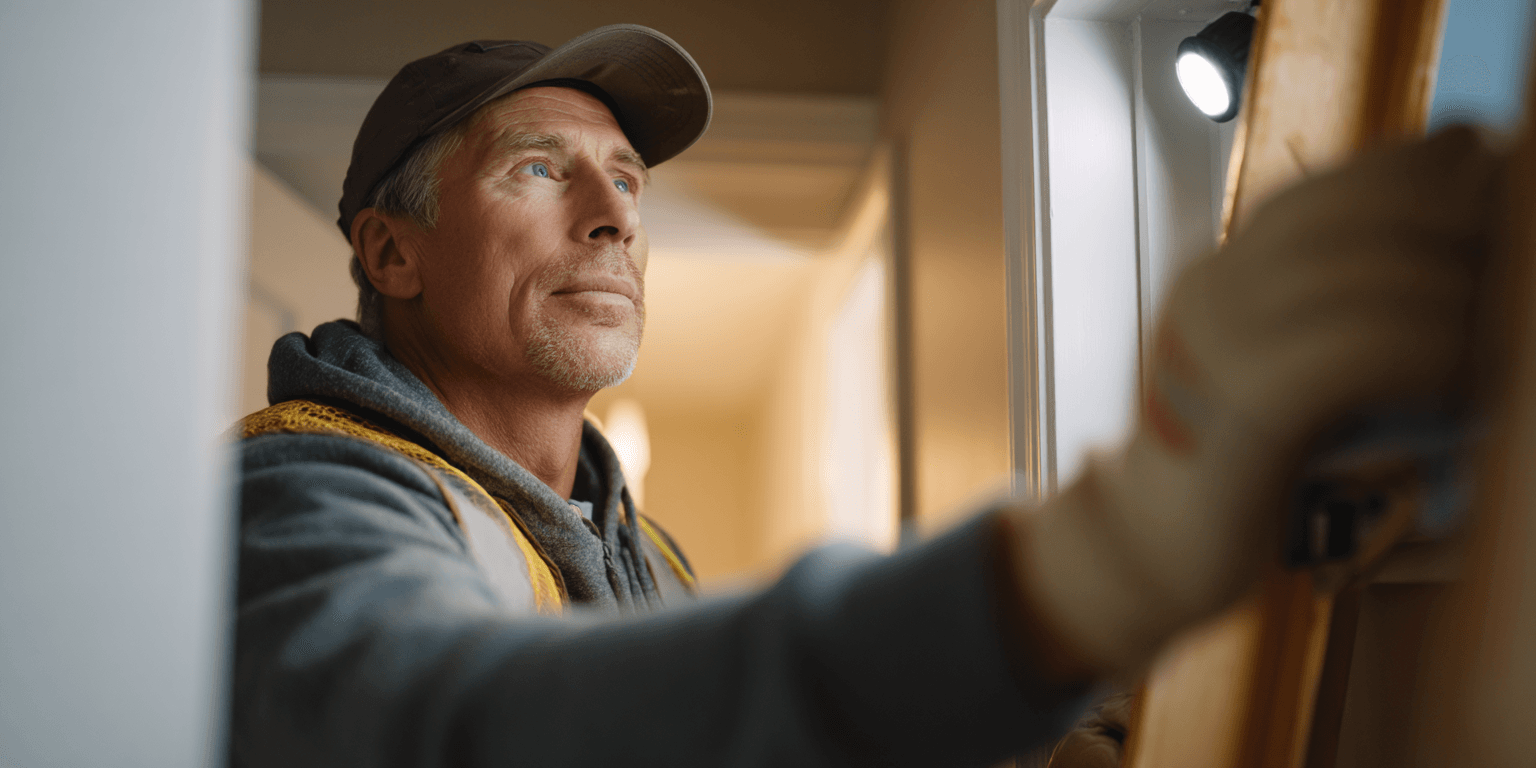Buying your first home is an exciting milestone. It also comes with serious decisions that can affect your finances and safety for years to come. One of the most important steps in this process is the home inspection. For first-time buyers across North Texas, including the Dallas and Fort Worth metro area, a professional home inspection is not just a smart idea. It is a critical safeguard that can reveal hidden problems and give you confidence in your investment.
Homes often look great during a showing, but many issues are not visible to the untrained eye. Older wiring, leaky pipes, shifting foundations, or worn-out HVAC systems can all go unnoticed until it is too late. A certified home inspector has the tools and knowledge to identify these concerns before you sign the final paperwork.

Skipping an inspection to save money or speed up the process may feel tempting, especially in a competitive market. However, this short-term thinking can lead to major long-term expenses. The cost of a thorough inspection is minor compared to unexpected repairs that could drain your budget after closing.
In North Texas, inspections also help account for regional risks. The soil in many parts of the area can expand and contract, putting pressure on foundations. High temperatures affect roofing materials and HVAC efficiency. A local inspector will understand these challenges and know what to look for in homes built across different decades and neighborhoods.
Preparing for the inspection can make a big difference in the outcome. Start by collecting any paperwork related to the home, such as past repairs, warranties, or previous inspection reports. This background gives the inspector helpful context and may highlight areas that need extra attention.
Before the inspection begins, make sure all areas of the home are accessible. This includes attics, garages, crawlspaces, and utility closets. Confirm that utilities are turned on so systems like plumbing and air conditioning can be properly tested. If you already have questions or have noticed anything unusual during your visits, write them down to discuss during the inspection.
Choosing the right inspector is also essential. Look for someone who is licensed and certified by respected groups such as the American Society of Home Inspectors (ASHI) or the International Association of Certified Home Inspectors (InterNACHI). Make sure they carry current liability and Errors and Omissions insurance. Experience with homes in the Dallas-Fort Worth area is a big plus, especially if the property is older or built on clay-heavy soil.
Most inspections take between two and four hours, depending on the size and condition of the property. The inspector will begin with a detailed evaluation of the exterior and then move inside to check the structure and mechanical systems.
Outside, the inspector will assess the condition of the roof, gutters, grading, siding, foundation, and windows. They will also look at how water drains away from the house and whether landscaping is affecting the foundation.
Inside, the inspector will review all major systems including electrical, plumbing, HVAC, insulation, and ventilation. They will inspect appliances, check for safety concerns, and evaluate how well the home has been maintained. All findings will be documented in a report that includes photos, summaries, and recommendations.
This report is more than just a checklist. It is a clear and detailed summary of what you are buying. It helps you understand both the current condition of the home and any potential repairs or upgrades you may need in the near future.

Once you receive the report, take time to go through it carefully. Look for any major issues, especially those related to safety, structure, or costly repairs. Common examples include roof damage, foundation movement, old wiring, or plumbing leaks.
If the report reveals serious problems, you have a few options. You can ask the seller to make repairs, request a credit at closing, negotiate a lower price, or decide to walk away from the deal. In cases where the issues are minor or expected for a home of that age, you may choose to move forward without changes. Your real estate agent can help you decide what approach makes the most sense.
Not every issue in the report will need to be negotiated. Focus on the problems that affect the livability, safety, or long-term value of the home. Cosmetic flaws are usually not worth pushing back on, but they can still be useful when planning your budget and maintenance timeline.
To avoid delays, try to schedule your inspection as soon as your offer is accepted. Whenever possible, attend the inspection in person. This allows you to see things firsthand, ask questions, and better understand how different systems in the home work.
Take notes during the inspection and speak up if something seems confusing or concerning. A good inspector will be happy to explain their findings and offer helpful advice. Communication is key during this process. Be sure to keep your real estate agent in the loop and discuss any questions or next steps right away.
In some cases, it may make sense to bring in a specialist. For example, if the inspector finds potential foundation issues, you may want a structural engineer to take a closer look. Additional inspections might also be needed for pools, septic systems, or fireplaces, depending on the home.
Above all, keep your expectations realistic. Every home has a few issues, even new construction. The goal is not to find a perfect house, but to understand what you are buying and make a confident decision.

A home inspection is one of the most important tools a buyer can use. It protects your investment, helps you plan for future maintenance, and gives you peace of mind when making a major purchase. For first-time buyers across North Texas, including Dallas, Fort Worth, Denton, and nearby cities, a trusted local inspector is your best resource for navigating the process with confidence.
If you are getting ready to buy a home, reach out today to schedule your inspection. Our team provides thorough evaluations, clear communication, and practical recommendations so you can make the best possible decision for your future.